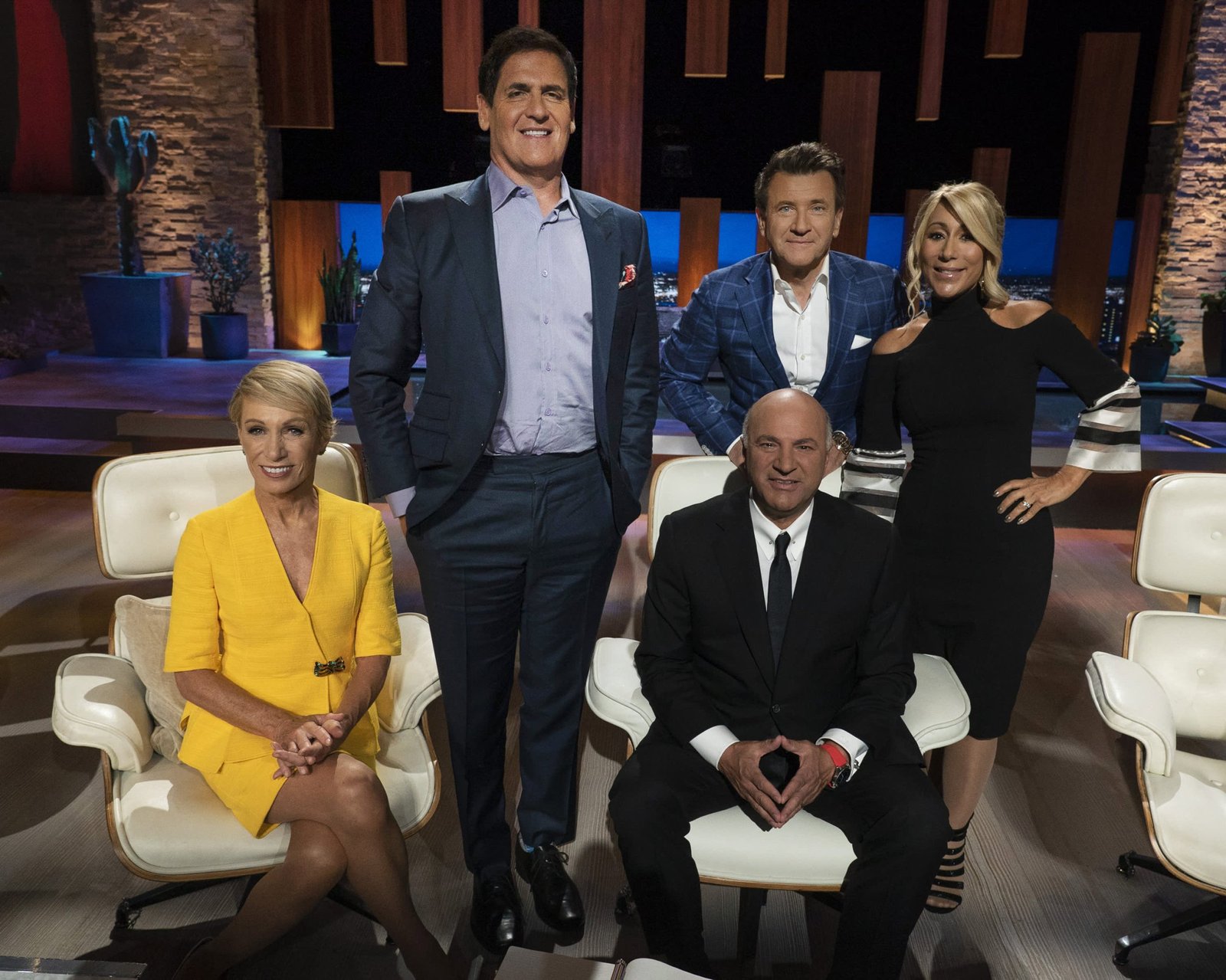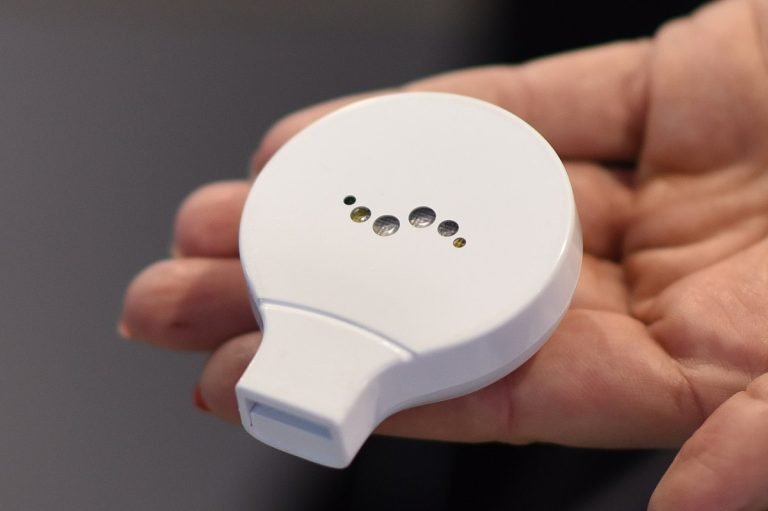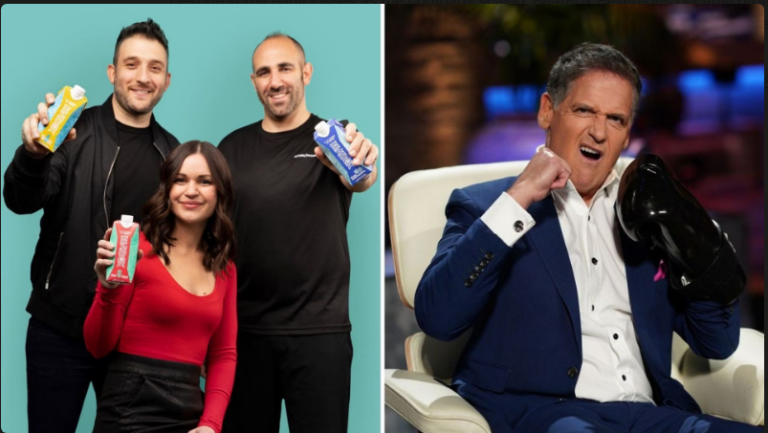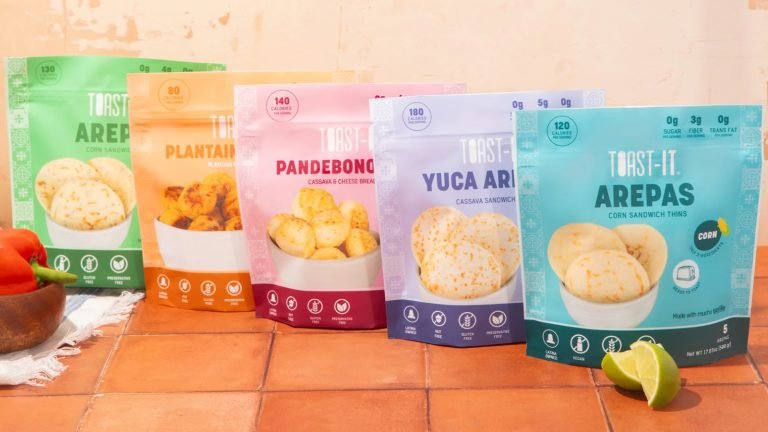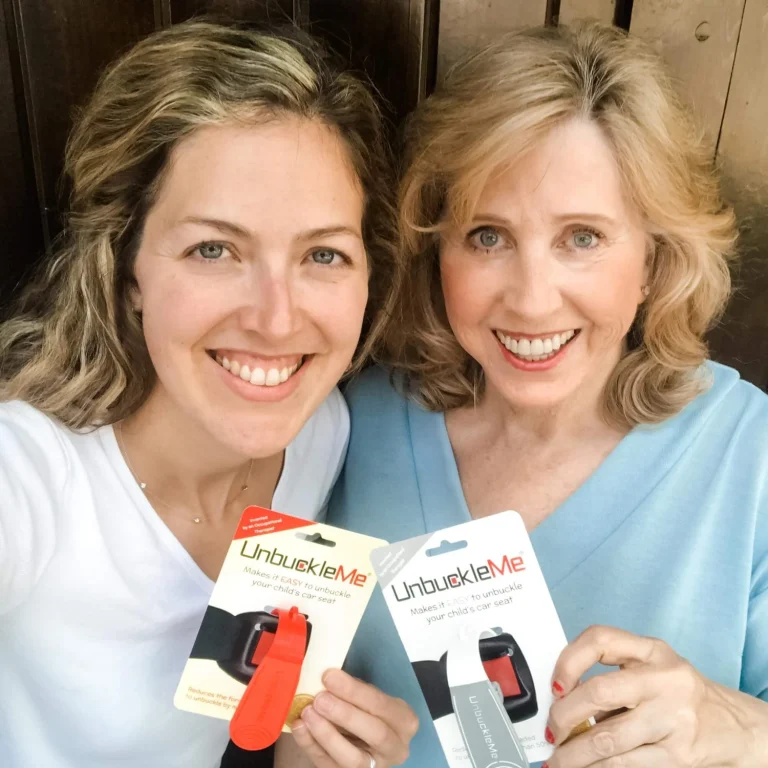Shark Tank’s Biggest Missed Opportunities
Shark Tank’s Biggest Missed Opportunities The biggest missed opportunities on Shark Tank include Ring (acquired by Amazon for over $1 billion), Coffee Meets Bagel, The Bouqs Company, Chef Big Shake, Copa di Vino, and Xero Shoes. These companies were initially rejected by the sharks but went on to achieve substantial success in their respective markets….
Shark Tank’s Biggest Missed Opportunities
The biggest missed opportunities on Shark Tank include Ring (acquired by Amazon for over $1 billion), Coffee Meets Bagel, The Bouqs Company, Chef Big Shake, Copa di Vino, and Xero Shoes. These companies were initially rejected by the sharks but went on to achieve substantial success in their respective markets.
Dive into the world of “Shark Tank” and explore the innovative ideas that slipped through the sharks’ fingers. From smart doorbells to revolutionary dating apps, discover how these rejected pitches became multimillion-dollar success stories.
Key Takeaways:
- Ring (formerly Doorbot) became a billion-dollar company after rejection
- Coffee Meets Bagel thrived despite turning down a $30 million offer
- The Bouqs Company, Chef Big Shake, and Copa di Vino found success post-rejection
- Persistence and adaptability are crucial for entrepreneurs facing initial setbacks
5 Shark Tank’s Biggest Missed Opportunities
“Shark Tank,” the hit reality TV show, has been a launchpad for numerous entrepreneurs seeking to turn their dreams into reality. With its panel of astute and experienced investors, commonly known as “sharks,” the show has seen a myriad of innovative pitches.
However, not every pitch catches the sharks’ attention. In some instances, the sharks have passed on opportunities that went on to achieve tremendous success, leaving them with a twinge of regret.
These missed opportunities have become legendary, highlighting the unpredictable nature of entrepreneurship and investment.
A missed opportunity on Shark Tank is typically a pitch that the sharks rejected but which later achieved significant success without their investment. These instances are often marked by substantial growth, market presence, and, in some cases, acquisitions by major companies.
The essence of a missed opportunity lies in the potential that the sharks failed to recognize during the pitch, only to see it realized later.

Factors Leading to Missed Opportunities
Several factors contribute to these missed opportunities. Often, the sharks’ decisions are influenced by perceived market risks, product feasibility, scalability, and the entrepreneurs’ presentations. Sometimes, a pitch might seem too niche, or the valuation too high, leading sharks to pass on deals that later prove to be goldmines. Personal biases and the sheer unpredictability of market trends also play a significant role.
Notable Shark Tank Missed Opportunities
Ring: The Doorbell Reinvented
One of the most notable missed opportunities is Ring, a smart doorbell company initially pitched as Doorbot. When founder Jamie Siminoff presented his idea, the sharks saw a high valuation and potential technical challenges, leading them to pass on the investment.
Despite this, Ring thrived, eventually being acquired by Amazon for over $1 billion. This acquisition turned Ring into a household name and left the sharks rueful of their decision.
Summary About Ring (formerly DoorBot)
- Ring, a smart home security system, was pitched on Shark Tank in 2013 under the name DoorBot but failed to secure a deal.
- The company was only valued at $3 million at the time, but went on to be acquired by Amazon for $1 billion in 2018.
- Kevin O’Leary offered a deal, but it was rejected by founder Jamie Siminoff as it included a 7% royalty on all future sales.
Coffee Meets Bagel: A Revolutionary Dating App
Coffee Meets Bagel, a dating app focusing on meaningful connections, was another pitch that didn’t quite resonate with the sharks. When the founders turned down a $30 million buyout offer from Mark Cuban, many thought it was a grave mistake.
However, Coffee Meets Bagel continued to grow, leveraging its unique approach to dating and establishing a strong user base.
Today, it’s recognized as one of the more successful dating platforms, illustrating how initial skepticism can sometimes cloud judgment.
About Coffee Meets Bagel
- The dating app Coffee Meets Bagel was pitched by sisters Arum, Dawoon and Soo Kang in 2015, seeking $500k for 5% equity.
- Mark Cuban made the largest offer in Shark Tank history at $30 million for the entire company, but the sisters declined and left without a deal.
- Coffee Meets Bagel went on to raise $23.2 million in funding and is now estimated to be worth $15 million.
The Bouqs Company: Fresh Flowers, Fresh Idea
The Bouqs Company, a flower delivery service with a direct-from-farm model, initially struggled to gain traction with the sharks. Despite their doubts, the company flourished, emphasizing sustainability and fair trade practices.
Founder John Tabis later partnered with Robert Herjavec, one of the sharks, proving that initial rejection on the show doesn’t necessarily preclude future success.
The Bouqs Company
- The Bouqs Company, an online flower delivery service, left the Tank in 2014 without an investment.
- However, Robert Herjavec eventually ended up investing after getting a firsthand look at their process.
- The company now boasts $160 million in annual sales and has a whole lineup of products.
Xero Shoes: Minimalist Footwear
Xero Shoes, a minimalist footwear brand, didn’t secure a deal on Shark Tank, but it has since grown into a successful business. The company’s emphasis on natural movement and comfort resonated with a dedicated customer base, proving that niche markets can be highly profitable if targeted correctly.
Xero Shoes
- Xero Shoes, a minimalist footwear company, was offered $400k for 50% equity by Kevin O’Leary.
- Founders Steven Sashen and Lena Phoenix ultimately turned down the deal.
- In July 2020, USA Artistic Swimming announced Xero Shoes as its official footwear partner.
Kodiak Cakes
Kodiak Cakes, a whole grain pancake and waffle mix company, appeared on Shark Tank in 2014. Co-founders Joel Clark and Cameron Smith sought $500,000 for 10% equity.
Despite receiving offers from multiple sharks, they declined all deals, believing their company was undervalued. After the show, Kodiak Cakes experienced substantial growth, proving their decision to walk away was ultimately beneficial.
Kodiak Cakes
- Kodiak Cakes, a pancake mix company, was pitched by Joel Clark in 2013 when he was on the verge of bankruptcy.
- The sharks offered $500k for 35% equity, but Clark walked away to maintain control of his company.
- Kodiak Cakes went on to become a multi-million dollar success story
Chef Big Shake: A Shrimp Burger Phenomenon
Chef Big Shake, known for its shrimp burgers, was another concept that didn’t impress the sharks. However, founder Shawn Davis pushed forward, and his product found a niche market, leading to substantial growth.
The success of Chef Big Shake underscores the importance of perseverance and belief in one’s product, even when initial feedback is negative.
Copa di Vino: Wine by the Glass
Copa di Vino, a wine-by-the-glass product, had a tumultuous journey on Shark Tank. Despite multiple appearances and rejections, founder James Martin’s persistence paid off. Copa di Vino became a significant player in the wine industry, demonstrating that even repeated rejections can’t keep a good idea down.
Shark Tank’s Decision-Making Process
Evaluation Criteria
The sharks evaluate pitches based on several criteria, including product feasibility, market potential, scalability, and the entrepreneur’s vision and execution plan. While these criteria are designed to minimize risk and maximize returns, they can sometimes lead to overly cautious decisions that overlook groundbreaking ideas.
The Role of Risk and Reward
Investment inherently involves risk, and the sharks’ decisions often balance potential rewards against perceived risks. The unpredictable nature of the market means that some ideas, which initially appear too risky, can turn out to be immensely profitable. The delicate balance between risk and reward is a constant challenge for investors.
Learning from Missed Opportunities
Lessons for Entrepreneurs
Entrepreneurs can learn valuable lessons from these missed opportunities. Persistence, adaptability, and a clear vision are critical components of success. Rejection should be viewed as feedback rather than a final verdict, encouraging entrepreneurs to refine their strategies and continue pushing forward.
Lessons for Investors
For investors, these missed opportunities underscore the importance of keeping an open mind and recognizing potential in unconventional ideas.
While due diligence is essential, being too risk-averse can result in missed chances for significant returns. Investors should balance caution with an openness to innovative and disruptive ideas.
Case Study: Ring
The Pitch That Missed the Mark
Jamie Siminoff’s pitch for Doorbot, which later became Ring, didn’t impress the sharks due to its high valuation and technical challenges. The product, a smart doorbell with video capabilities, seemed ahead of its time and too risky an investment.
Subsequent Success and Acquisition by Amazon
Despite the rejection, Siminoff’s persistence paid off. Ring’s innovative technology and growing demand led to its acquisition by Amazon for over $1 billion. This acquisition not only validated Siminoff’s vision but also highlighted the significant opportunity the sharks missed.
FAQs
What are the biggest missed opportunities on Shark Tank?
Some of the biggest missed opportunities on Shark Tank include Ring, Coffee Meets Bagel, The Bouqs Company, Chef Big Shake, Copa di Vino, and Xero Shoes. These companies were rejected by the sharks but went on to achieve substantial success, demonstrating the unpredictable nature of investments.
Why do sharks miss great opportunities?
Sharks may miss great opportunities due to a variety of reasons, including perceived market risks, high valuations, technical challenges, and the entrepreneurs’ presentations. Sometimes, personal biases and the unpredictability of market trends also play a role in these missed decisions.
Which Shark has the most regrets?
While it’s difficult to quantify regrets, some sharks, like Kevin O’Leary and Mark Cuban, have expressed regret over passing on highly successful ventures such as Ring and Coffee Meets Bagel. Each shark has missed opportunities that they later acknowledged as significant losses.
Have any rejected companies become billion-dollar brands?
Yes, Ring is a notable example of a rejected company that became a billion-dollar brand. Acquired by Amazon for over $1 billion, Ring’s success story is a testament to the potential that some sharks fail to recognize during initial pitches.
How do entrepreneurs handle rejection on Shark Tank?
Many entrepreneurs use the rejection as feedback to refine their business models and strategies. Persistence, adaptability, and a clear vision are crucial for handling rejection and continuing to push forward towards success.
Can missed opportunities be revisited by the sharks?
In some cases, missed opportunities can be revisited by the sharks. Entrepreneurs may secure deals with the sharks post-show or partner with them later on. However, such instances are relatively rare, as the initial rejection often pushes entrepreneurs to seek alternative funding and partnerships.

